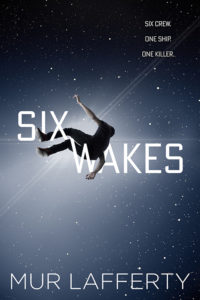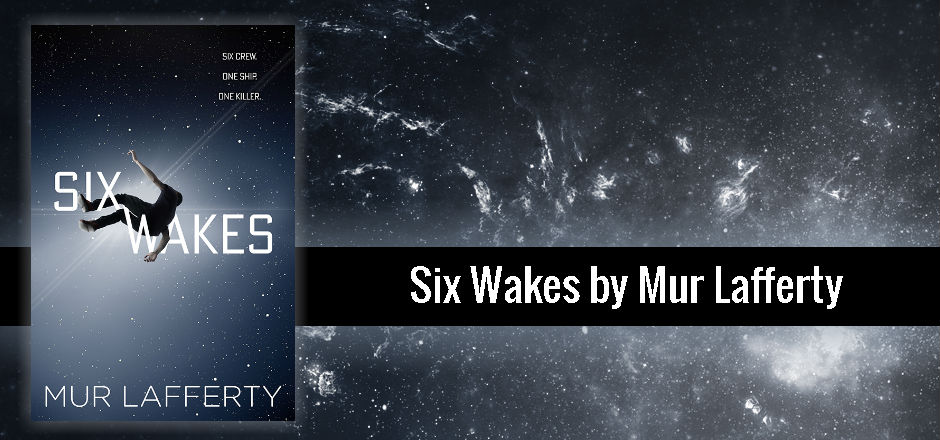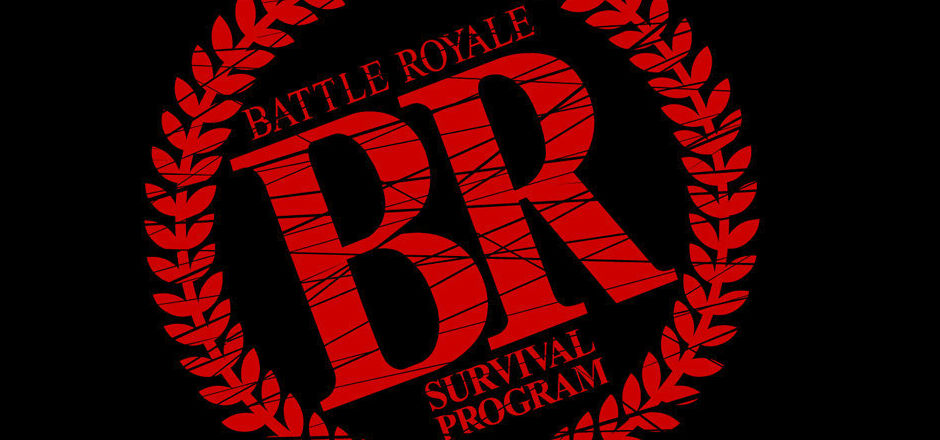When Maria Arena’s next clone body wakes up, she has a bit of difficulty getting out of the cloning vat, which is a little atypical. When she finally climbs out, she discovers that all six members of the ship’s crew had their clones generated simultaneously and that all six of their previous bodies were killed or incapacitated almost at the same time. That’s a lot more atypical. Maria and the other crew members have no memory logs from the past 26 years — meaning they have no idea which of the six of them massacred the rest, and they have no idea if the murderer will try again.
 I’m a major sucker for concept stories. I love books and shows with strong concepts, and I especially love fresh takes on ideas or stories I’m already familiar with. I expected Six Wakes to engage my love of a good concept. After all, how could I resist a book about clones trying to figure out who murdered their previous bodies?
I’m a major sucker for concept stories. I love books and shows with strong concepts, and I especially love fresh takes on ideas or stories I’m already familiar with. I expected Six Wakes to engage my love of a good concept. After all, how could I resist a book about clones trying to figure out who murdered their previous bodies?
The book definitely delivers there. Maria is part of a crew of criminals, all seeking a new life on a new planet along with thousands of cryogenically-frozen bodies and clone memory data. But among the six of them lurks a murderer, and the crew discovers that all of their memory data has been wiped out back to when they first boarded the ship twenty-six years before.
In a lot of ways, Six Wakes is an inverted locked-room mystery. Whereas classic locked-room mysteries are about murders that would have been impossible to commit, or murders taking place in a room that would be impossible to escape from, Six Wakes is instead about a mystery that’s impossible to solve — because even the murderer themself is unaware of committing the crime.
The book, which stands alone, is also incredibly diverse. The crew members all hail from different places, including Cuban-American Maria and the Mexican captain, and the explanations of each character’s background still feels appropriate and fitting for the plot.
The only weak aspect of this book is its conceptual similarity to Dark Matter, a show airing on SyFy. When I described the book to a few different people, they actually thought I was talking about Dark Matter, which follows — wait for it — six former criminals who wake up on a space ship with no memories.
Having watched Dark Matter, I would say that the two are actually pretty different once the pieces start getting put together. While both stories deal with criminals on board a ship, their backgrounds are extremely different. Also, Dark Matter doesn’t truly deal with cloning — although cloning is present in their future as well — and Six Wakes is much more focused on ethics.
In fact, quite a bit of Six Wakes is about ethics. The book begins with a list of laws about cloning ethics, and though the crew is facing a major emergency situation, they still take time to discuss with one another the ethics of the decisions they face. The book also takes care to explore how developments in cloning science were halted because of unethical actions by a few, and some parts of the book are even dedicated to religious and philosophical reflections on cloning as it relates to the human soul.
As an exploration of ethics, religion, and science, Six Wakes is absolutely beautiful, and its handling of the concept of the human soul is fascinating. I would recommend this book to anyone interested in the ethics of cloning as well as anyone who loved Dark Matter.
4 out of 5 stars
—
Feliza Casano founded Girls in Capes and currently edits and writes for all sections of the site. In her approximate 2.3 hours of free time each month, she loves watching anime, reading science fiction, and working on her novels-in-progress. Keep up with her antics at felizacasano.com and follow her on Twitter @FelizaCasano.






